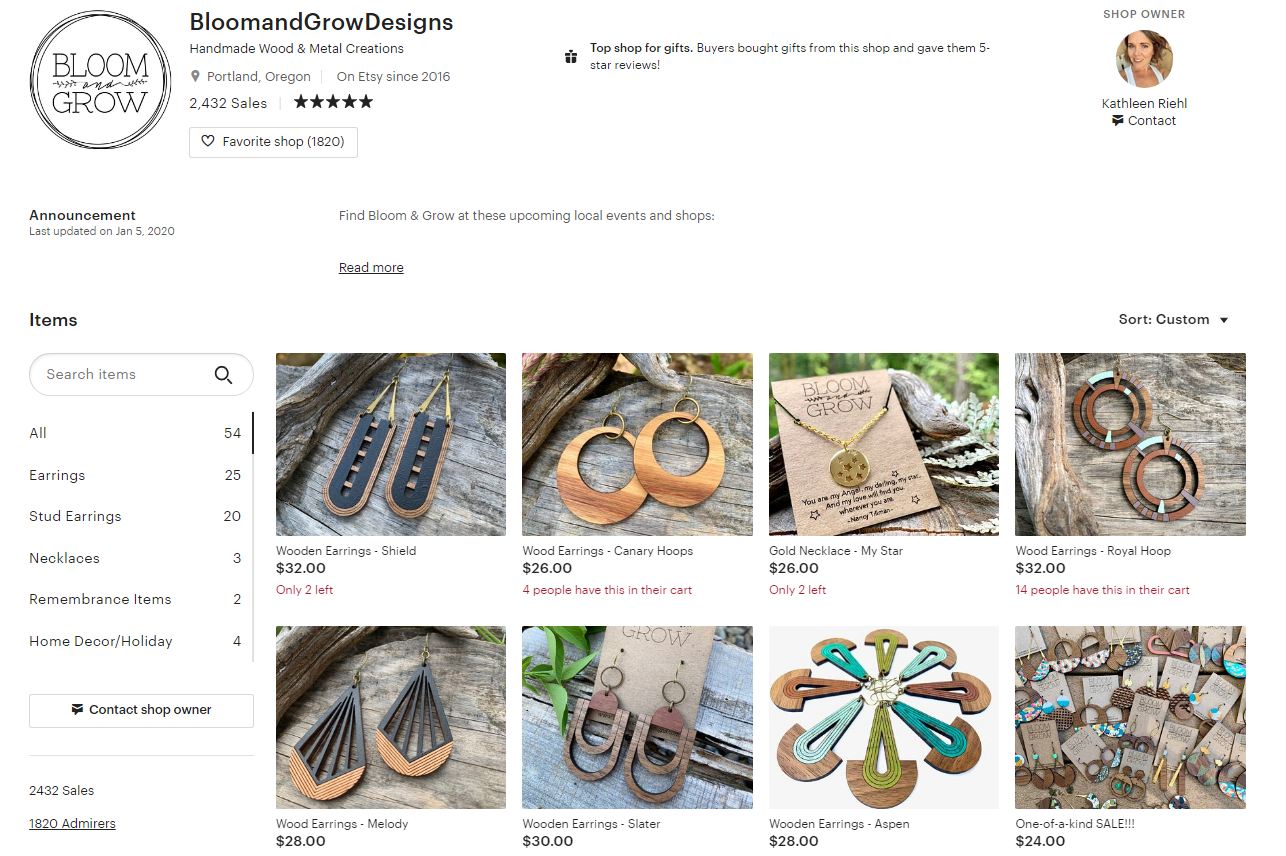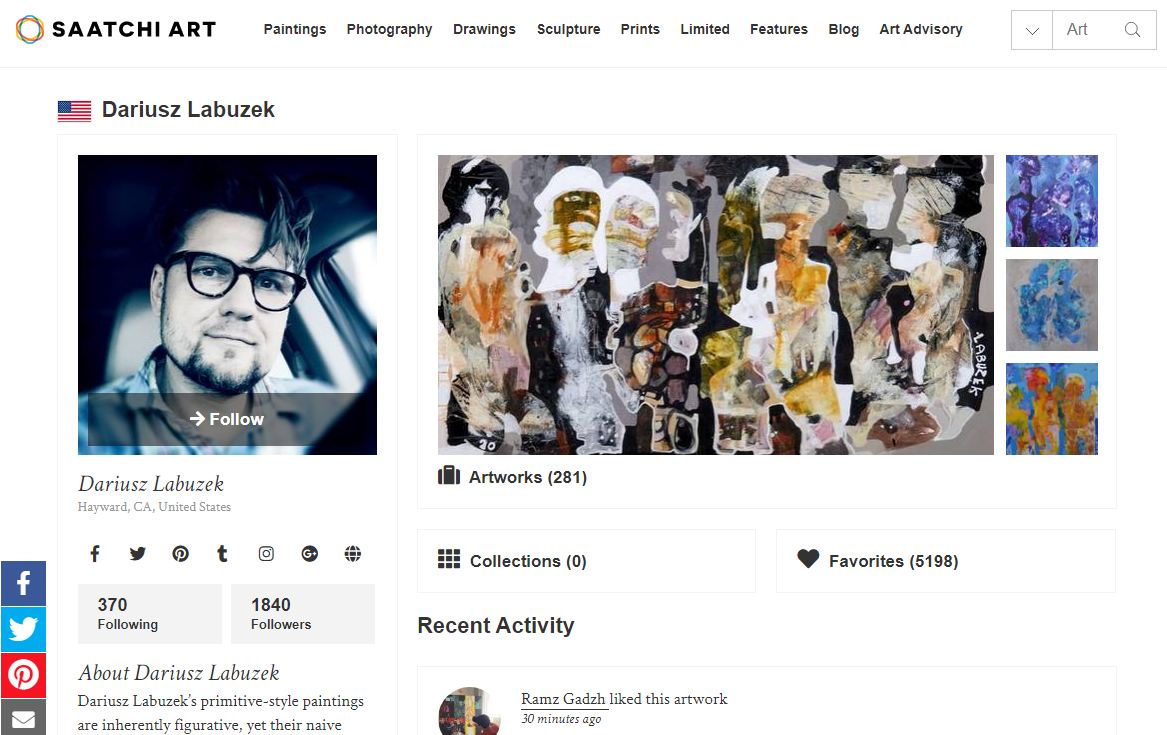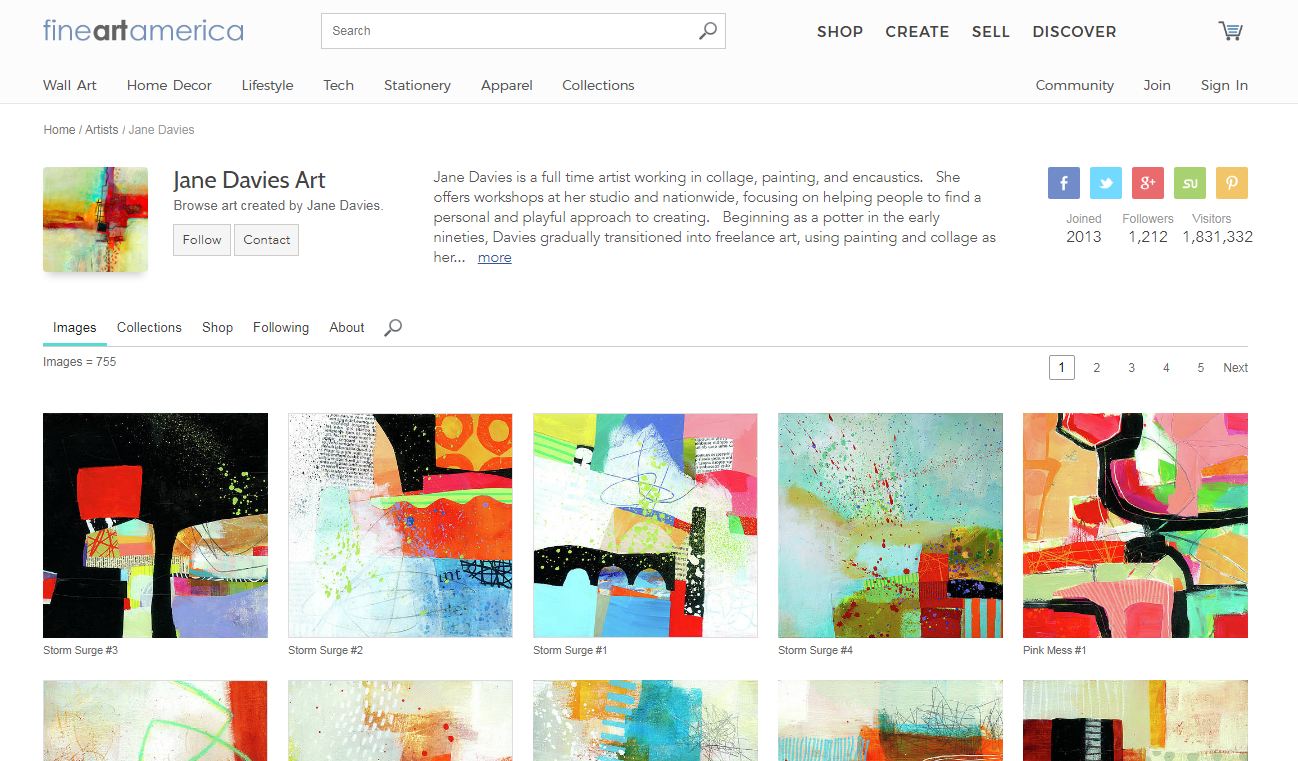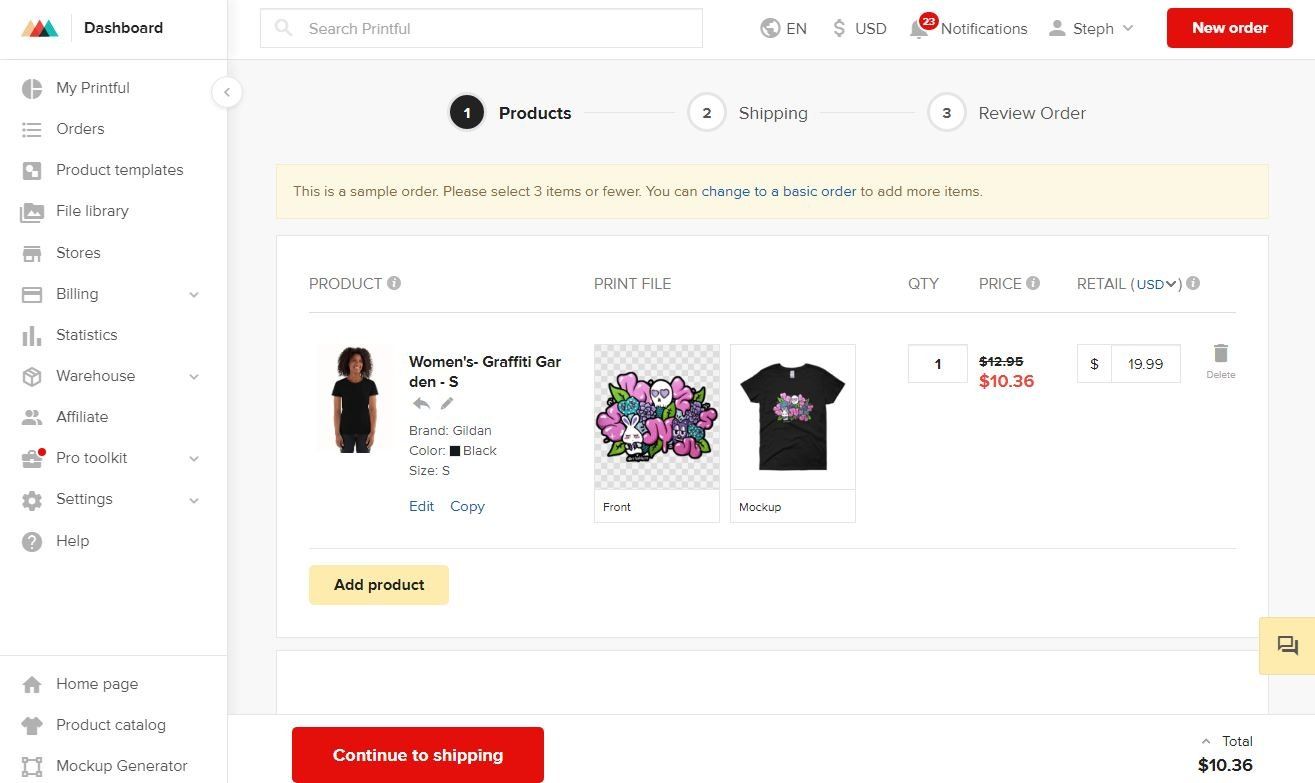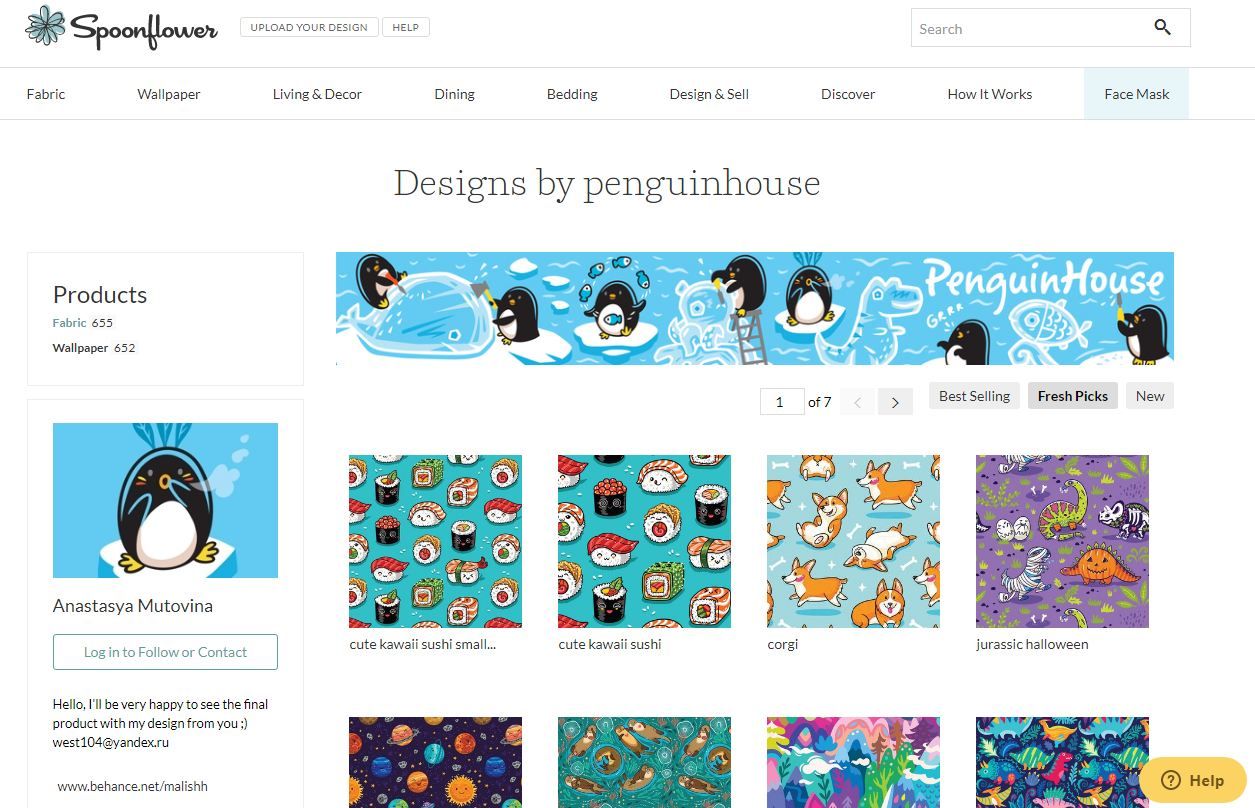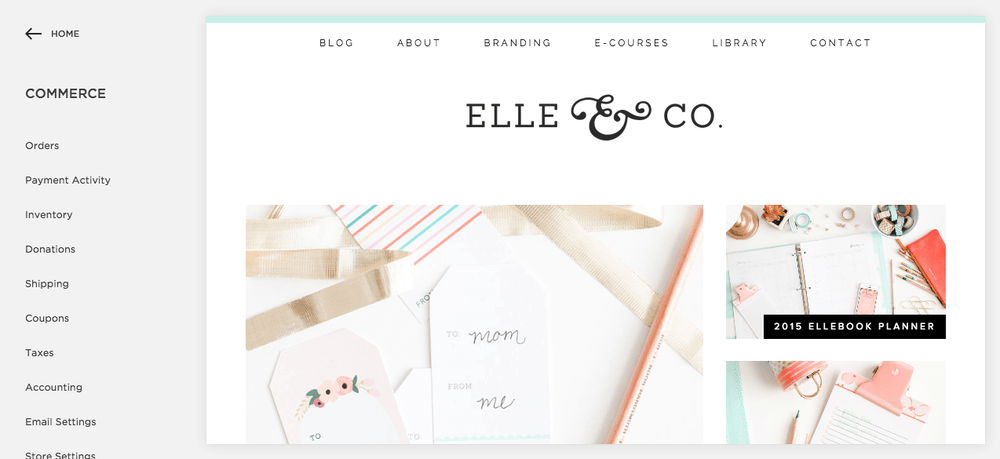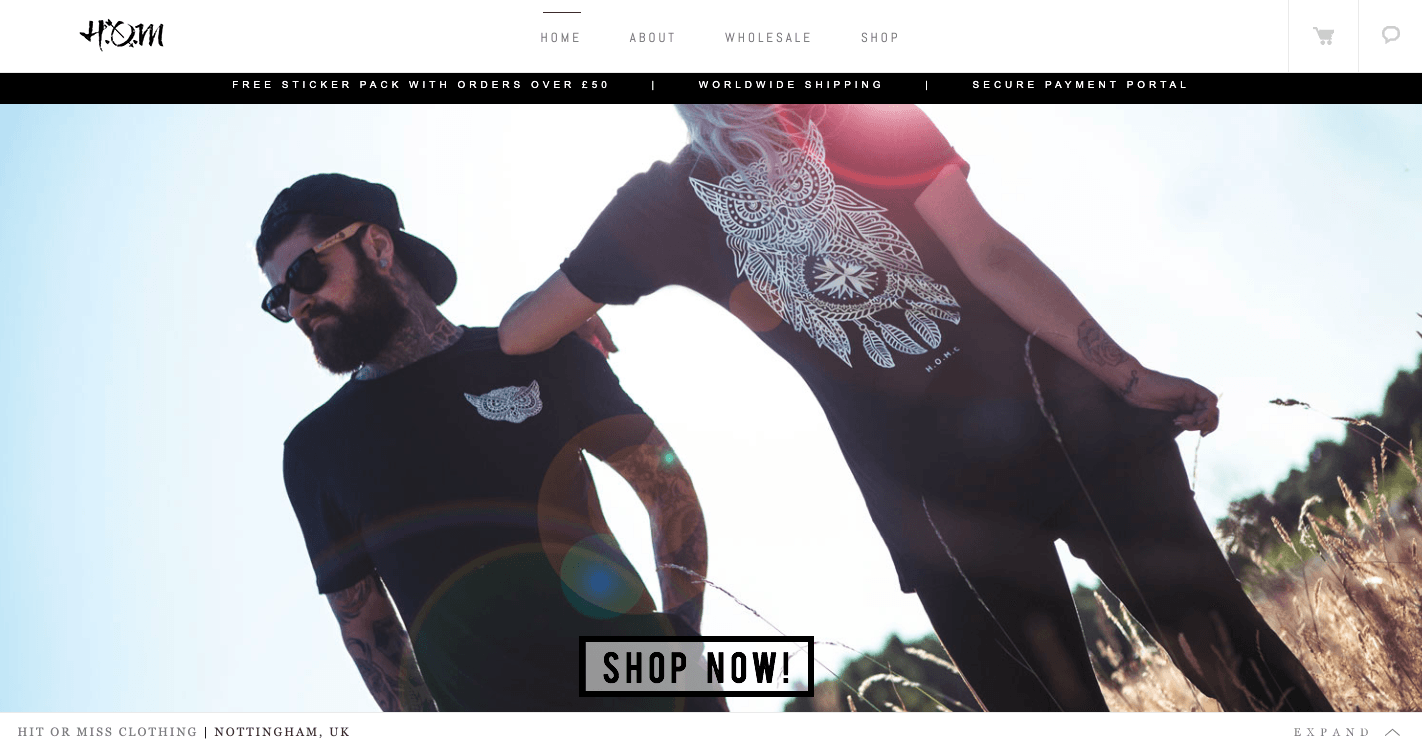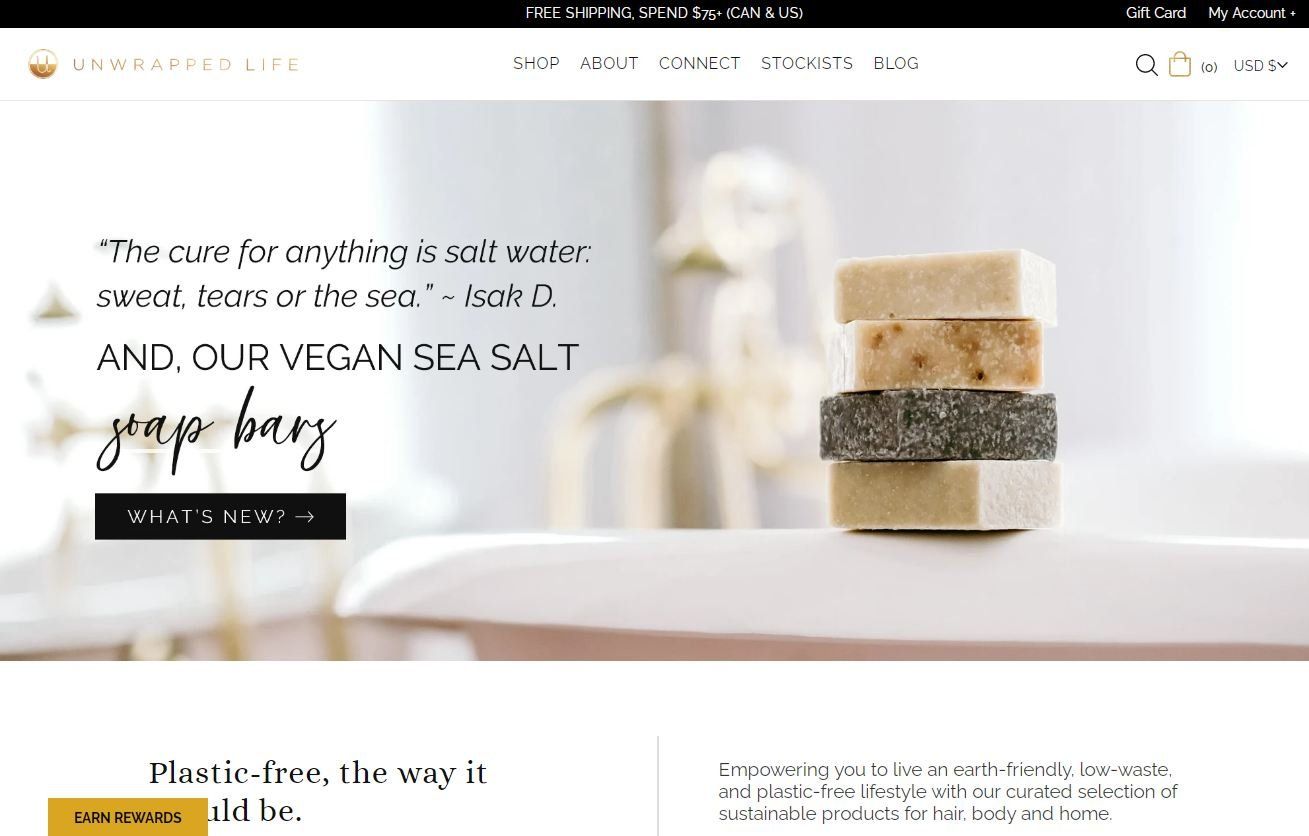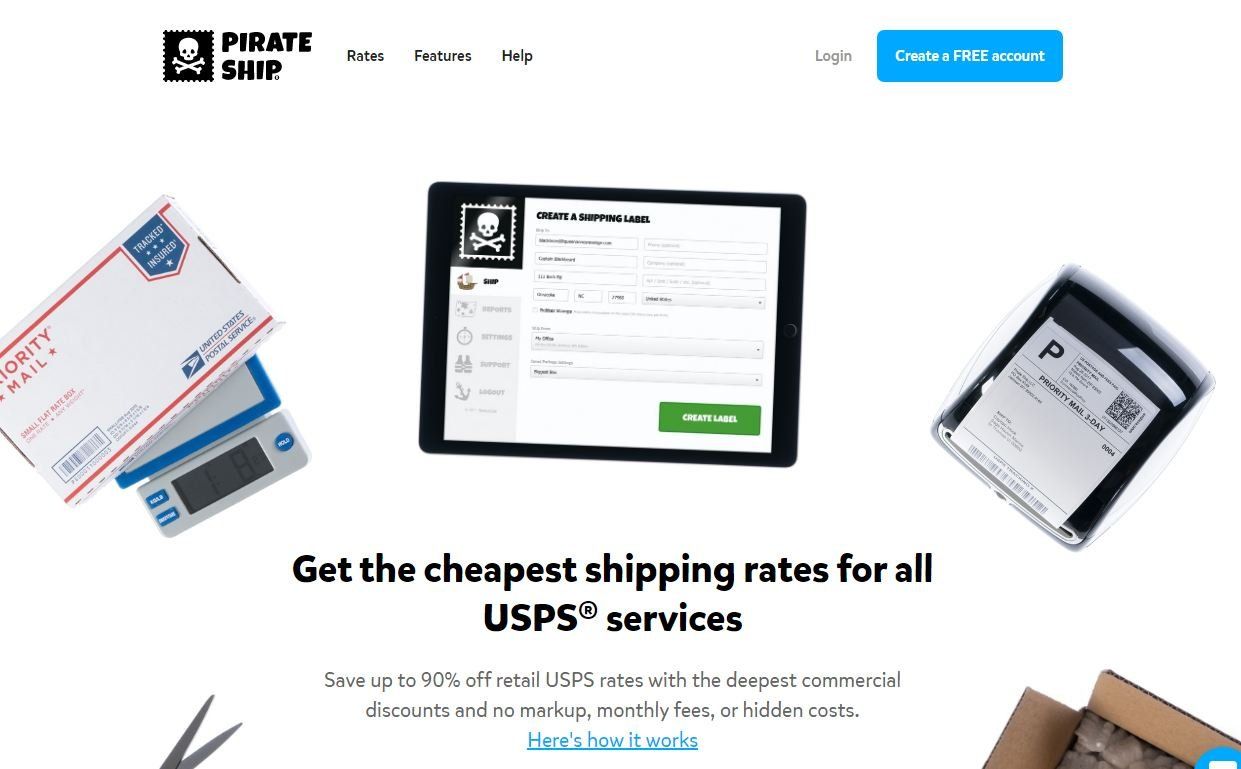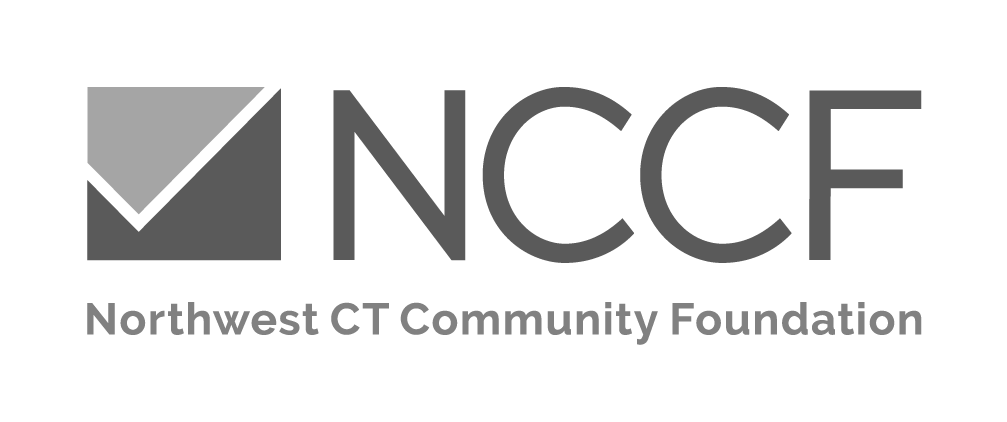Which Online Shop is Right for You?
A Guide to Choosing a Platform for your Online Shop.
Marketplace Shopping Platforms
Diffifcutly Level: 1
Marketplace platforms are places that people already go to shop for specific types of items. These are great because there is already an audience built in that can shop for your products.
1. Etsy: Sell Your Crafts & Handmade Items
Etsy is a marketplace for handmade items. It is relatively easy to set up and great for beginners. Etsy is the best option for artisans making unique custom products such as jewelry, home decor items, bath products, and more.
Pros: Large audience of 35 million active buyers. Allows you to be discovered organically, with minimal marketing efforts required. Easy to use, direct deposit payment processing. Good built in analytics to see your most viewed items.
Cons: Competitive market, there are more than 2 million sellers on Etsy. Unless you sell extremely unique items, you’ll be competing with thousands of other who are offering similar products. You can only sell handmade or vintage items.
Cost: Etsy charges $0.20 to list an item and takes five percent of your sale (including shipping and gift-wrapping fees) as a transaction fee. In addition, if you choose to use Etsy payments, which allows customers to pay by credit card, you’ll be charged an additional fee of three percent plus $0.25. Even if your customers choose to pay through PayPal, they payment is processed through Etsy rather than PayPal, so you’ll still be subject to the fee.
Tips: Etsy shops look best with a cohesive collection of products. If you are a jack-of-all-trades, you might want to curate your Etsy shop to have an aesthetic look and feel.
2. Saatchi Art: Sell Original Fine Art
Saatchi Art is an online marketplace for original fine art sales. This is a good option for listing original paintings, drawings, sculptures, and other fine art works.
Pros: Expand your exposure to collectors all over the world. Supplement your income and reach a wider audience. This is a marketplace platform so your work can be discovered organically. You can also offer Open Edition print sales that Saatchi will print for you and ship directly to customers.
Cons: Many buyers expect lower price points online. According to industry expert Alan Bamberger, online art sells between $300 - $1200 on average. Optimizing your price point for online sales may affect your valuation if your work typically sells higher than that range. When you leave the sales to an online marketplace, you won’t have the chance to build personal connections with buyers.
Cost: If you sell an original artwork, Saatchi Art will take a 35% commission on the final sale price. They cover the cost of shipping the artwork, and the artist is responsible for the cost of packaging.
Tips: It is very important to use high-quality images of your work. Photos should be straight and properly white-balanced. It also helps to have photos from multiple angles of the work.
Print-On-Demand Platforms
Diffifcutly Level: 2
On Print-on-Demand platforms, you upload your art files digitally and place them on products. When your product sells, the company prints the product and ships to the customer.
1. Fine Art America: Print Your Artwork on a Wide Variety of Products
Fine Art America is one of the world's largest online art marketplaces and print-on-demand companies that partners with artists and sells their goods online. They custom print and sell products for thousands of artists around the globe including graphic designers, illustrators, painters, photographers, and more.
Pros: Fine Art America has generally lower prices for a lot of their products, compared to Zazzle and Society6. As far as product variety goes, Fine Art America has a ton of different products you can print artwork on. Products can be integrated to be sold on Facebook and Instagram marketplace. They take care of the shipping so you don't have to worry about it.
Cons: Lots of competition to sell organically. Prices on certain products can be higher than other Print-On-Demand Platform. Limited selection on apparel items compared to other sites.
Cost: Fine Art America sets the standard product price for an item, and you are able to set your sale price and keep any additional profit made on the item. Let's say that the base price for a 24" x 36" canvas print is $50 and that you set your markup to be $25. A buyer would pay $75 for the canvas print, and you would earn $25. Fine Art America has 2 Membership Levels. They have a robust free membership, but if you want to add your products to your own shop on your website, you will have to upgrade to their Premium Plan for $30/year.
Tips: This is a great way to allow your collectors to be creative with your work and have it printed on whatever they like.
2. Printful: Print Your Own Clothing
Printful is a Print-On-Demand service primarily for apparel design.
Pros: The prices and quality are good, and there is a wide selection of apparel products. The company prints and ships products directly to your customers upon order. They offer the option to customize your labels, branding, and packaging. There is a 20% discount on sample orders.
Cons: Printful is not a marketplace or storefront platform, so you have to set up a separate online shop through a service like Shopify or Ecwid to offer your products for sale.
Cost: Like Fine Art America, Printful sets the standard product price for an item, and you are able to set your sale price on your website and keep any additional profit made on the item. You will have to get a subscription for another online shop integration service such as Shopify or Ecwid.
Tips: This is a great platform for creating and selling custom t-shirts. The best one we have found and tried.
3. Spoonflower: Print Your Own Fabric
Spoonflower is a Print-On-Demand fabric company that makes custom fabric for patter and surface designers.
Pros: Spoonflower has relatively competitive prices on custom fabric printing, good quality, and fast turnaround. They also offer design challenges to help you get inspired and spotlight your work. The design portal is easy to work with, and listing is an easy supplemental way to monetize existing pattern designs that you have created for other product design purposes.
Cons: The commission rate is low and there is a lot of competition.
Cost: It is free to list on Spoonflower. If someone buys fabric with your design you will receive a commission of 10% of the retail price paid by the buyer.
Tips: Order a fabric swatch book so you can see and feel all the fabric options for printing. You can also get a printed color guide to help choose the perfect colors for your design.
eCommerce Shop Platforms
Diffifcutly Level: 3
ECommerce shop platforms allow you to create your own custom shop that can live on your website and integrate other print-on demand platforms. These options are the most technical to set up, but are the most customizable and professional option for owning your own online store. The offer the most room to grow your brand into a robust online presence. They are also the most expensive option when it comes to building an online shop.
1. Squarespace
Squarespace is the best option if your website is already hosted through Squarespace. They make it relatively easy to set up a clean professional-looking online shop to sell your products.
Pros: Squarespace allows for unlimited products and makes it easy to include variants of each product. Accepting payments and keeping in touch with your customers is fairly easy, as well.
Cons: Marketing and business management are severely lacking. It does not integrate with Facebook, Instagram, Amazon, or Google.
Cost: Plans start at $12/month and increase if more premium features are desired. Squarespace provides 4 plans:
- Personal— $12 per month
- Business— $18 per month
- Commerce — $26 per month
- Advanced Commerce — $40 per month
See details of pricing structure here.
Tips: If you don't already have a website, you can use Squarespace to create a website and shop all in one.
2. Ecwid
Ecwid is a large and powerful eCommerce shop platform that can automate and integrate across many platforms.
Pros: If you already have a website, or are particularly wedded to using a particular platform (for example Wordpress or Wix), then Ecwid is the more obvious choice. It allows you to add full selling capabilities to an existing online presence with a minimum of fuss, and provides you with all the tools you need to turn any website into an online store.
There are no charges for using a third-party payment gateway (Shopify applies a transaction fee if you don’t use its built-in payment gateway).
Cons: Point-of-Sale retail sales are only available at the $99/month unlimited plan.
Cost: Ecwid provides four plans - and the good news is, one of them is entirely free. The USD prices for the plans are as follows:
- Free — $0 per month
- Venture — $15 per month
- Business — $35 per month
- Unlimited — $99 per month
See details of pricing structure here.
Tips: Click here to see a deeper analysis of Ecwid vs. Shopify.
3. Shopify
Shopify is one of the largest and most robust eCommerce shopping platforms available. This is a good option if you have a complex system of different shops and products, and want to seamlessly integrate them all into one place.
Pros: If you’re starting your store entirely from scratch, and online selling is the main focus of your project, then it’s hard to argue against Shopify — an established solution that will let you build a complete, elegant standalone online store.
Adding products as well as managing payment and shipping options and processing orders is absolutely painless. Excellent 24-hour customer support. There are tons of other platforms that integrate with Shopify. Seamlessly sell on Facebook and list products on Instagram.
Point-of-sale is more tightly integrated with Shopify than with Ecwid, and you can use a more extensive range of POS hardware at a cheaper price point.
Cons: They only offer about 10 free templates, you have to pay for a template if you want something more specific. It can become expensive the more your customize and use the features.
Cost: Plans start at $29/month and increase if more premium features are desired. Shopify provides 5 plans:
- Lite — $9 per month
- Basic Shopify — $29 per month
- Shopify — $79 per month
- Advanced Shopify — $299 per month
- Shopify Plus — pricing varies depending on requirements, but typically comes in at around $2000 per month
See details of pricing structure here. There are transaction fees on all sales, and extra fees if you do not use Shopify as your payment processor.
Tips:
Click here to see a deeper analysis of Ecwid vs. Shopify.
Shipping
If you set up your own ECommerce shop on your site, you will be responsible for managing the shipping. Here is a bonus resource that we recommend to integrate with your shop.
Pirate Ship
Pirate Ship is a free shipping software to get the cheapest USPS shipping rates, which can save you up to 90%. It can also integrate with your eCommerce platform, save customer addresses, and automatically generate shipping labels that you can print at home.
Have you tried one of these options or a different option that is not on the list? Comment below about your experience setting up your shop.
